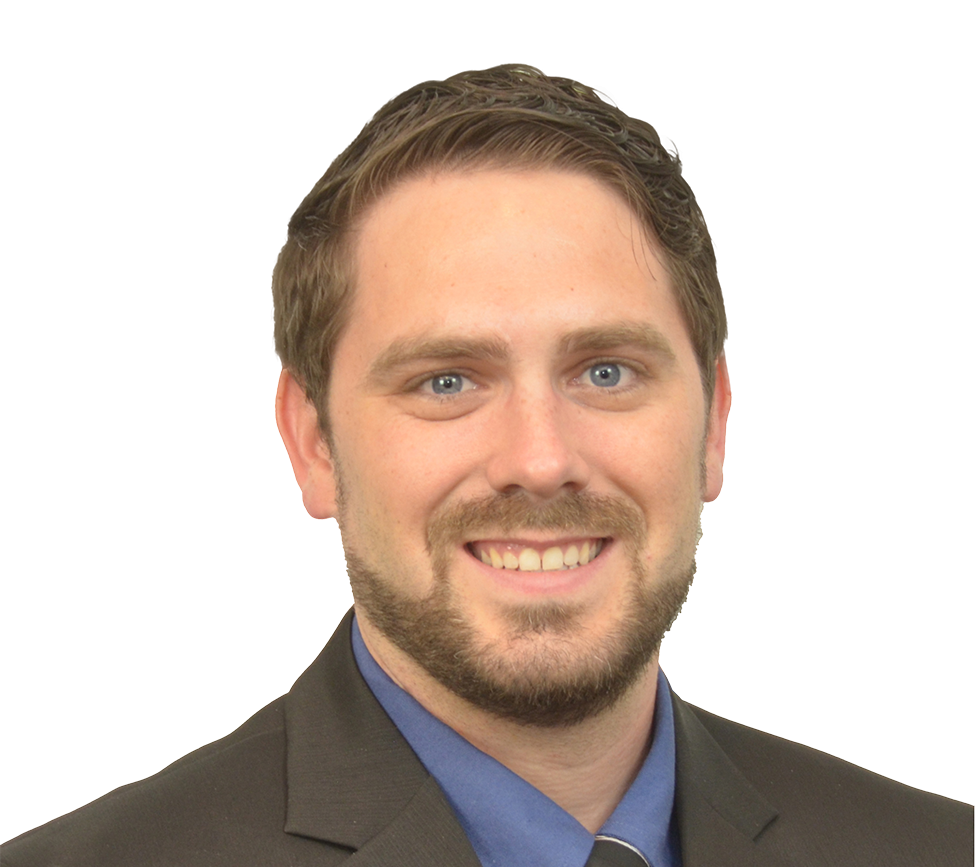

- Ph.D., Civil Engineering, Clemson University, 2021
- M.S., Civil Engineering, Clemson University, 2017
- B.S., Civil Engineering, Clemson University, 2015
- Professional Engineer, Florida, #96183
- Professional Engineer, Georgia, #PE050399
- Best Student Paper Award in the Dynamics of Civil Structures Technical Division at IMAC-XXXIX, 2021
- NRT Fellowship, 2019-2021
- GAANN Fellowship, 2016-2019
- Los Alamos Dynamic Summer School Fellowship, 2017
- RCI-IIBEC Student Scholar, 2013
Dr. Locke is a licensed professional that specializes in the failure analysis, damage assessment (causes and impacts), and risk mitigation of structural systems. In his time at Exponent, Dr. Locke has investigated and analyzed a variety of structural systems (housing complexes, high-rises, dams, bridges, and historical buildings) composed of various building materials (concrete, steel, wood, and masonry). He has specialized experience in structural health monitoring and the dynamic evaluation of structures when subjected to various sources of excitation (e.g., wind, earthquakes, construction). He also has experience evaluating the condition of interior finishes and building envelope components.
Prior to joining Exponent, Dr. Locke was a graduate student researcher at Clemson University, where he earned a Ph.D. in Civil Engineering. He was the recipient of the Graduate Assistance in Areas of National Need (GAANN) and National Science Foundation Research Traineeship (NRT) fellowships awarded to Clemson University by the US Department of Education and National Science Foundation, respectively. As a GAANN and NRT fellow, Dr. Locke took additional courses and worked on interdisciplinary research teams to solve problems related to identifying and mitigating the vulnerabilities of complex, critical, and interdependent infrastructure systems. His primary research focused on the development of an indirect mobile health monitoring strategy that utilizes vehicle mounted sensors to continuously evaluate the health of bridges. Through his work, he was able to experimentally demonstrate the system identification capabilities of the indirect methodology, while also developing a Bayesian estimation framework capable of classifying physical damage through finite element model updating.
Apart from his primary academic institution, Dr. Locke has conducted research at the Los Alamos National Labs - Engineering Institute in New Mexico and at the Fraunhofer Institute for Structural Durability and System Reliability in Germany. While at these institutions, he gained experience conducting static and dynamic experiments on lab- and full-scale systems, working with nonlinear systems, performing data-driven uncertainty quantification on computational models, and utilizing machine learning techniques for structural health monitoring. Dr. Locke also has industry experience from internships and co-ops with various engineering firms. His industry work allowed him to gain experience overseeing construction projects, conducting visual inspections, and performing tests consistent with ASTM standards.